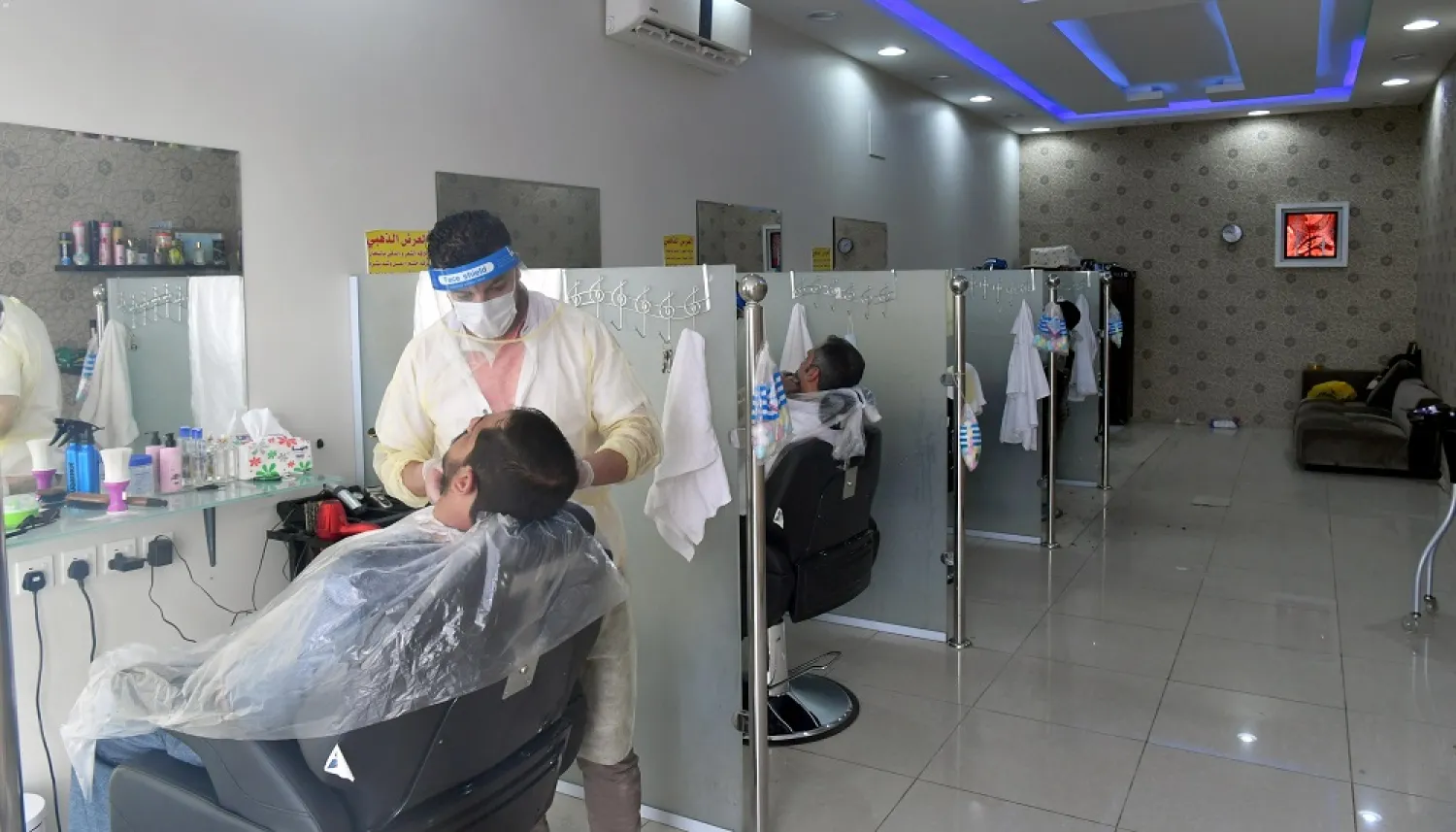Ninety-five days after partial and total lockdowns were imposed in Saudi Arabia and after most activities were halted, people returned to a new normal on Sunday as most coronavirus restrictions were removed.
In place, however, were numerous precautions aimed at stemming the spread of the disease, which still remains a threat in the Kingdom and world.
At 6 am on Sunday, Saudi Arabia implemented the third phase of its plan to return to normal. It lifted curfew throughout the country and allowed the resumption of all economic, commercial and sports activities, while 75 percent of public employees returned to their offices.
The expected morning traffic, however, never came, for a number of reasons, including the solar eclipse.
People returning to normal life must adhere to social distancing rules and wear a face mask or cover their nose and mouth when around others. Gatherings of over 50 people have been banned. This applies to all public and private places, mosques, stores and others.
Asharq Al-Awsat toured a number of markets and stores in the capital Riyadh. A restaurant owner said he was looking forward to life returning to normal and for the economy to be revived.
Mohammed, who works at a barbershop, said it was forced to shut its doors in order to respect social distancing measures. He hopes that losses during the three months of closure will be made up in the coming days seeing as barbershops were among the most affected establishments during lockdown.
Public sector employees returned to their offices according to new schedules, in line with a government plan. A first batch of employees was expected to show up to work at 7:30 am, a second batch at 8:30 and a third at 9:30.
Saudi Arabia continues to register new coronavirus cases. The Health Ministry recorded 3,3379 infections on Sunday, raising the Kingdom’s tally to 157,612. Thirty-seven more people succumbed to the disease, with the death toll reaching 1,267. Recoveries have climbed to 10,1130.









